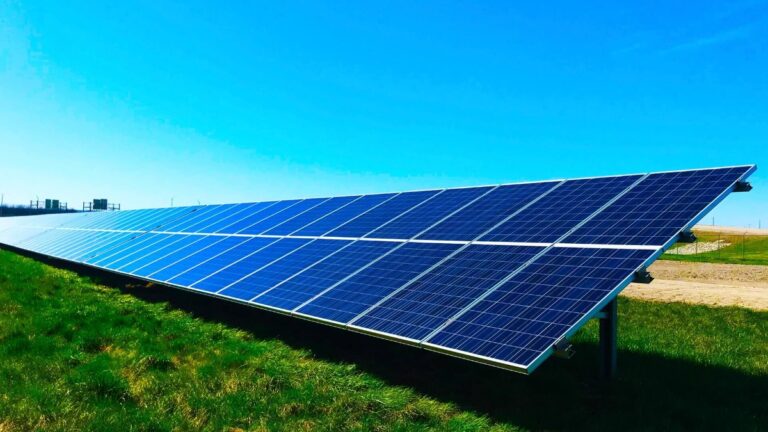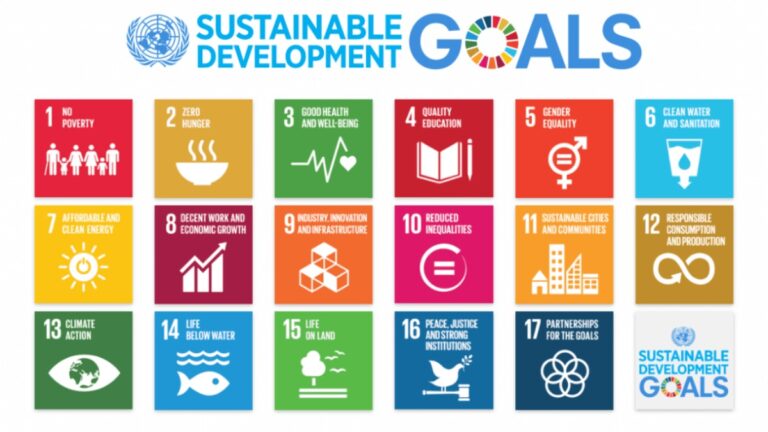By Malvika Rathi
Education: A paradise of opportunities to learn, invent, explore and enhance creativity. Access to good quality education can uplift people from socio-economic problems as well as make society more inclusive and acceptable. India is the land of some of the most brilliant thinkers, artists, and scientists but is the present education system competent enough to continue the legacy of producing changemakers?
Enrolling numerous children in educational institutes doesn’t necessarily mean that we have achieved the SDG 4. It is time we go beyond the statistics and look at the curriculum, atmosphere of the institutes, and the quality of teaching faculty. Perhaps the biggest mistake we all make is paying too much attention to attaining development. India is still a developing country, and it is not going to transform overnight.
We have to focus on innovation, inculcate rational skills amongst the young minds to think out of the box. The majority of the students here pass with flying colours because of rot-learning. In the long run, they will not contribute anything towards making society a better place.
Many schools and colleges have innovation labs and partnerships with universities abroad and firms which is a great start. But the problem is that we aren’t giving as much attention to working in these labs as much as we are paying to clear JEE or NEET. Sure, they open avenues to the finest institutes in the country, but these competitive exams can get extremely stressful and overwhelming to many students.
There are many government schools in India where the infrastructure is poor and the faculty don’t have much knowledge of the subject they are teaching. There have been several videos where the teachers of these schools were questioned, and they failed to answer simple GK/ literature-based questions. We are blinded by the city lights to give much thought to these harsh realities. It is time we step up, take responsibility and make an attempt to change the condition of schools in our country.
As I hit puberty, I was curious about sexuality, menstruation and gender. The schools had a major hush-hush on these topics. Since we aren’t informed at school, we tend to look things up on the internet. Well, we all know the reliability and accuracy of the content published online. The content which goes up on the internet isn’t well-researched, vetted and we end up being exposed to things inappropriate for our age.
Concepts of family planning, comprehensive sexuality education, menstruation have to be taught to us from a young age because our mind is more susceptible to information. These will ensure that we become informed, mature and responsible citizens.
Schools should also focus on inculcating conversations around mental health and well-being. The lack of awareness of oneself leads to a lack of awareness of surroundings. Social and emotional learning skills are also very crucial for the overall development of children.
Introducing STEAM in our education system to have a multi-disciplinary approach towards studies is going to have a huge impact. Students with skills from a vast assortment of backgrounds will be well-trained to tackle tomorrow’s problems.
Additionally, we as the youth should step out of the comfort zone and work closely at the grass-roots levels to ensure that quality education is provided to rural schools. Hopefully, the new education policy incorporates these changes to make our country well-endowed in knowledge and life skills.




